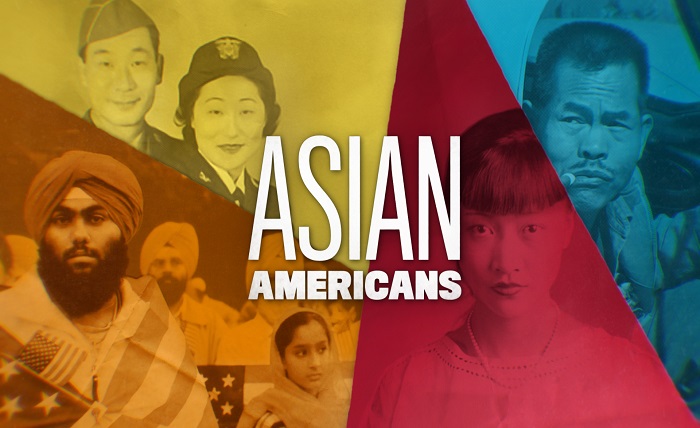Deep Asian Americans: Rose Dickey Protocol”

Deep Asian Americans are a diverse and growing population in the United States, with unique cultural, linguistic, and mental health needs. The Rose Dickey Protocol is a promising approach to addressing these needs, but it requires a deep understanding of the complex factors that contribute to mental health disparities in this population. This article provides an in-depth exploration of the Rose Dickey Protocol and its potential impact on the mental health of Deep Asian Americans.
Who are Deep Asian Americans?
Deep Asian Americans prefer a diverse group of people with ancestry from East Asia, Southeast Asia, and South Asia who have been in the United States for multiple generations. This population is distinct from recent immigrants or refugees, who may face different challenges related to language, culture, and acculturation. Deep Asian Americans have a unique set of cultural values, traditions, and experiences that shape their mental health needs.
Understanding the Rose Dickey Protocol
The Rose Dickey Protocol is a mental health treatment approach designed specifically for Deep Asian Americans. It was developed by Dr. Alice Rose and Dr. Paul Dickey, who recognized the need for a culturally sensitive approach to mental health care for this population. The protocol emphasizes the importance of understanding the cultural and linguistic context of Deep Asian Americans, as well as the impact of systemic racism and discrimination on mental health.
The Importance of the Rose Dickey Protocol for Deep Asian Americans
Deep Asian Americans experience significant mental health disparities compared to other racial and ethnic groups. They are more likely to experience depression, anxiety, and suicide ideation, and less likely to seek treatment for these issues. The Rose Dickey Protocol is designed to address these disparities by providing a culturally sensitive and responsive approach to mental health care.
Advantages of the Rose Dickey Protocol for Mental Health Treatment
The Rose Dickey Protocol offers several advantages for mental health treatment for Deep Asian Americans. It emphasizes the importance of understanding cultural values and traditions, as well as the impact of systemic racism and discrimination on mental health. The protocol also prioritizes the use of language and communication styles that are culturally appropriate and effective for Deep Asian Americans.
The Challenges of Implementing the Rose Dickey Protocol
Implementing the Rose Dickey Protocol requires significant cultural competence and sensitivity on the part of mental health professionals. It also requires an understanding of the unique challenges that Deep Asian Americans face related to mental health stigma, family and community expectations, and language barriers. Additionally, the Rose Dickey Protocol may require adaptations or modifications to be effective for different subgroups within the Deep Asian American population.
How to Implement the Rose Dickey Protocol for Deep Asian Americans
Implementing the Rose Dickey Protocol requires a comprehensive approach that involves several key steps. First, mental health professionals must undergo cultural competency training to develop an understanding of the cultural and linguistic context of Deep Asian Americans. Second, mental health professionals must work closely with community organizations and leaders to build trust and establish relationships with Deep Asian American communities. Finally, mental health professionals must be prepared to adapt and modify the Rose Dickey Protocol to fit the unique needs of different Deep Asian American subgroups.
Cultural Competency Training for Mental Health Professionals
Cultural competency training is essential for mental health professionals who wish to implement the Rose Dickey Protocol effectively. This training should include education on the cultural values, beliefs, and practices of Deep Asian Americans, as well as strategies for effective communication and rapport building. Mental health professionals must also be aware of the impact of systemic racism and discrimination on the mental health of Deep Asian Americans.
The Role of Language in the Rose Dickey Protocol
Language is a critical component of the Rose Dickey Protocol, as it plays a crucial role in effective communication and rapport building with Deep Asian Americans. Mental health professionals must be aware of the linguistic diversity within the Deep Asian American population, as well as the nuances of language use and communication styles that may differ from Western norms. The use of interpreters, translation services, and bilingual mental health professionals may also be necessary to ensure effective communication.
Case Studies: Successful Implementation of the Rose Dickey Protocol
Several case studies have demonstrated the successful implementation of the Rose Dickey Protocol in mental health treatment for Deep Asian Americans. These studies have highlighted the importance of cultural competence, effective communication, and community engagement in the success of the protocol. However, further research is needed to evaluate the long-term impact of the protocol on mental health outcomes for Deep Asian Americans.





